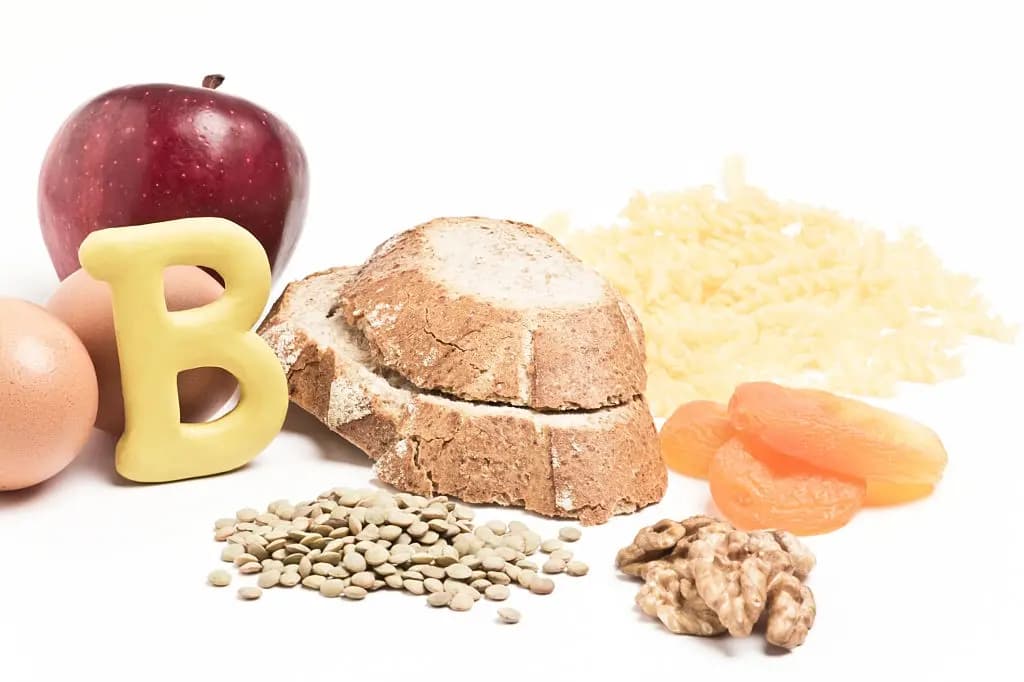It starts one day when you are sitting in your workplace, and suddenly you forget about the coffee maker in the kitchen. You ask yourself, did you turn it off or not? You play through the morning’s events in your mind, from things on the bathroom shelf to eating toast and jam for breakfast. Or was it a bagel with cream cheese? Great, now you can’t remember what you had for breakfast today. Then it gets even worse. You start to forget where you put your keys or cell phone. Needless to say, how can it affect your work? Is it possible to become a Successful Forex Trader in Malaysia with memory problems? The answer is obvious – absolutely not.
How do we improve our memory and attention span?
Maybe it’s time to invest in something that will help improve your memory and attention span. No, it’s not a clever scientific invention, and you don’t have to go to the doctor. Helping improve your memory and brain function is easy, and vitamins can help you do it. Here is a list of 7 vitamins to improve memory and attention which the best forex brokers in Malaysia use:
1. Vitamin E
Studies have shown that vitamin E’s antioxidant properties help protect brain nerve cells from damage. There is evidence that vitamin E can reduce the damage done to nerve cells in the brain by stroke and also prevents strokes for those who have already had micro strokes. Vitamin E has a significant effect on improving memory function in the elderly. Consult your doctor before using vitamin E to improve memory because high doses may affect blood clotting.
Vitamin E protects nerve cells in the brain.
2. Vitamin B6
Vitamin B6 is recommended for improving memory quality as a drug that supports the brain’s health and, simultaneously, numerous body functions. Scientific studies have shown that the daily intake of vitamin B6 over time leads to improved memory and affects the brain’s ability to process information faster. Consider the following foods: tuna, eggs, carrots, and other vegetables as good sources of vitamin B6.
Vitamin B6 is found in vegetables.
3. Vitamin B12
Through experiments, it has been proven that B12 keeps blood levels of homocysteine at the proper level in a healthy person. Homocysteine is an amino acid that, when metabolized incorrectly, withers brain function. This vitamin can restore the brain’s nerve fibers and therefore is an excellent memory enhancer when paired with vitamin B6. Beef, liver, shellfish, and trout contain significant amounts of vitamin B12.
Beef is a source of vitamin B12.
4. Vitamin B9
Folic acid, also known as vitamin B9, is involved in synthesizing red blood cells, which increases oxygen flow to the brain. This vitamin is used to reduce the aging memory loss rate. If you are looking for a good source of vitamin B9, eat whole-grain foods and drink freshly squeezed orange or tomato juices.
Vitamin B9 increases the flow of oxygen to the brain.
5. Vitamin C
The antioxidant properties of vitamin C are so beneficial to health that they help solve this problem. Recent experiments have found the protective properties of vitamin C against memory loss and diminished mental capacity. Fruits and vegetables are excellent sources of vitamin C, especially citrus fruits such as grapefruit.
Where would one go without vitamin C?
6. Vitamin D
Vitamin D deficiency has been found to impair the brain’s ability to plan, process, and form recent memories. Experimental work has made the connection between decreased vitamin D levels in the elderly and memory loss due to aging. Try to eat more mackerel, salmon, tuna, and other foods fortified with vitamin D to increase your daily intake.
Vitamin D helps maintain memory in old age.
7. Vitamin B3
Through recent research, it has been found that nicotinamide, which is a form of vitamin B3, can reduce the symptoms of Alzheimer’s disease. So far, this research has only been conducted on rats, with further clinical trials continuing to determine the effects of vitamin B3 on humans. In addition to reducing the risk and impact of Alzheimer’s disease, vitamin B3 reduces the likelihood of cardiovascular disease and lowers blood cholesterol levels. Tuna, chicken, turkey, salmon, and asparagus provide a significant source of vitamin B3.
Chicken contains vitamin B3, which reduces symptoms of Alzheimer’s disease.
One more thing: In addition to eating a proper, balanced, vitamin-rich diet for the brain and memory, don’t forget to get enough sleep. It is helpful to read books and exercise to improve memory.



